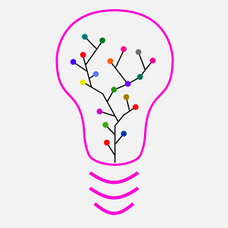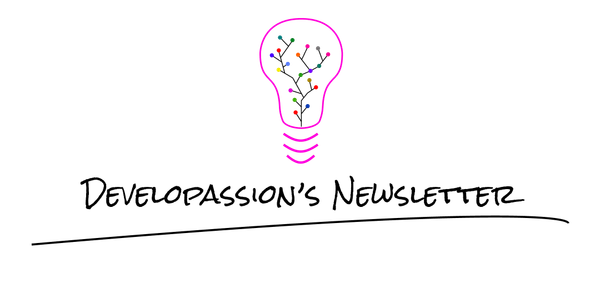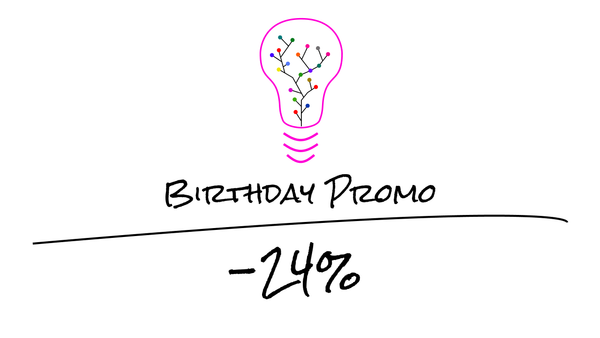Ten Personal Knowledge Management Practices to Explore and Master
Ten practices that you should explore to improve your Personal Knowledge Management skills

In this article, I want to discuss ten practices you should explore and try to master to improve your Personal Knowledge Management skills.
Introduction
Personal Knowledge Management (PKM) is a wonderful way to learn more efficiently and amass useful information and knowledge. It's also an excellent engine for personal development. In this article, I don't want to argue about the value of PKM. Actually, I already did:
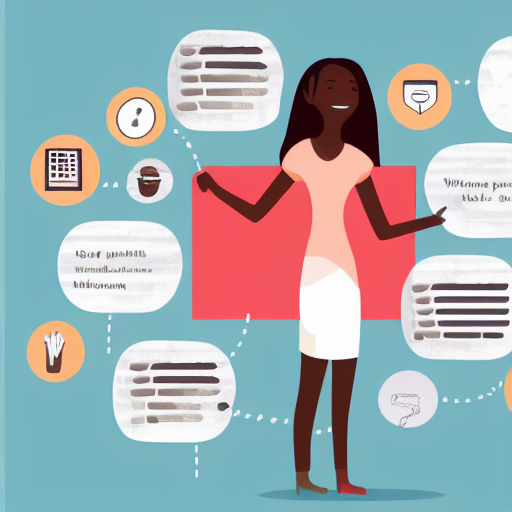
No, instead, I'm going to assume that you're convinced, but that you need some help to find the (best) path forward.
Personal Knowledge Management Practices Overview
Here are the ten practices I recommend in this article:
- Goal setting, prioritization, and organization
- Learning how to learn and continuous learning
- Searching and filtering information
- Capturing and synthesizing information
- Reflecting and making notes
- Linking notes
- Tagging notes
- Organizing information
- Journaling
- Periodic reviews
- Bonus: Keeping it simple stupid (KISS)
Goal setting, prioritization and organization
First and foremost, before you spend your time exploring Personal Knowledge Management (PKM) practices and tools, you need to know what your goals are. Without that, you'll just waste your time and energy. Just like any other endeavor, you need to define your goals clearly before you start. Of course, those can evolve over time, but you should really know what you are after. PKM has a lot of value for lifelong learners and knowledge workers. But it's also a wonderful tool for personal development.
Once you know what your goals are with PKM, you need to prioritize your efforts and organize yourself. Prioritization is about knowing what needs your focus and attention. It's all about prioritizing "actions" that will move the needle towards and will help you achieve your goals. If your goal is to succeed in your studies, then you'll need to prioritize identifying/capturing relevant knowledge and ideas, then dedicating enough time to explore those further.
On the other hand, organization is about how you are going to introduce and use PKM in your life. It's about the systems and processes you'll rely on to maximize the value you get out of it. It's about the tools you'll choose to use. Organization doesn't mean complexity. On the contrary. You should aim to use as few tools as possible and to rely on lean processes and systems. The easier and simpler your systems/processes/tools are, the better off you'll be. When thinking about organization, less is often more!
Over time, and depending on your needs, you could later learn about more advanced PKM concepts and techniques such as the LIFT principle, the PARA method, the Johnny Decimal system, the Zettelkasten method, Maps of Content:


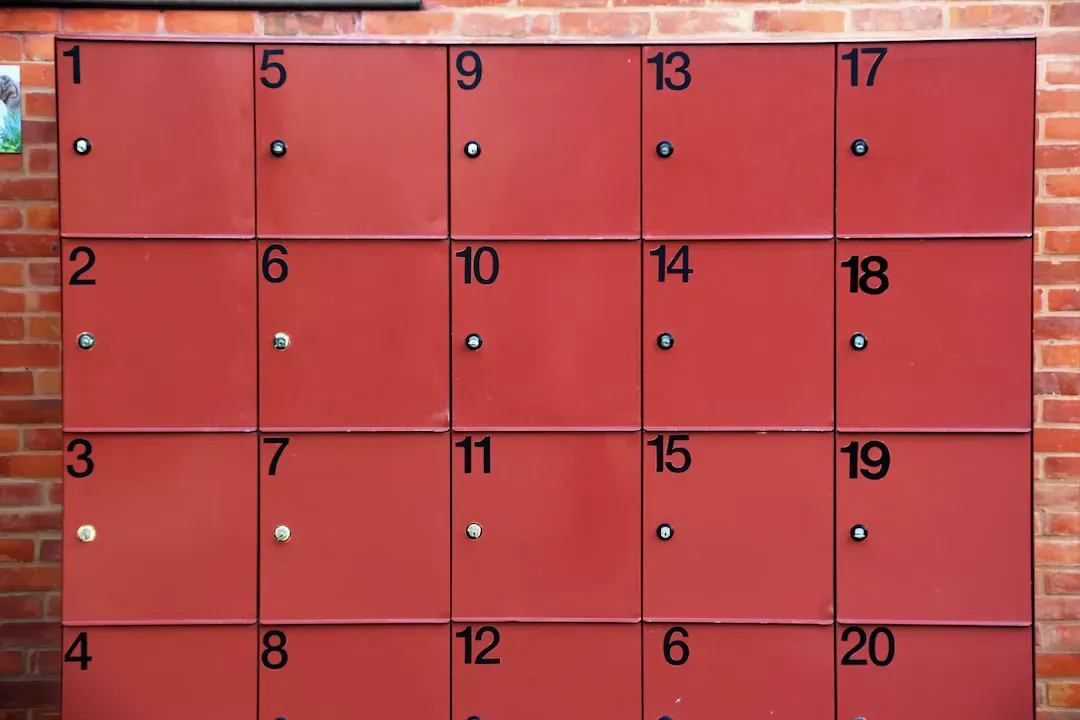
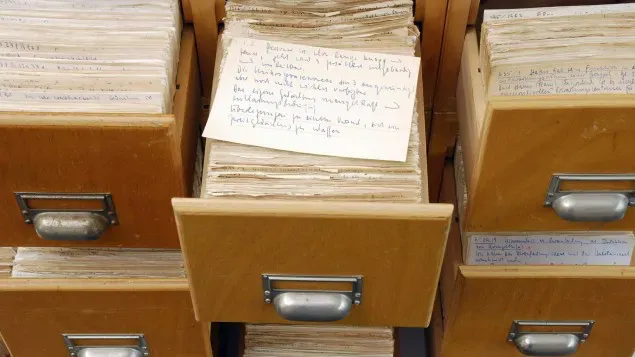
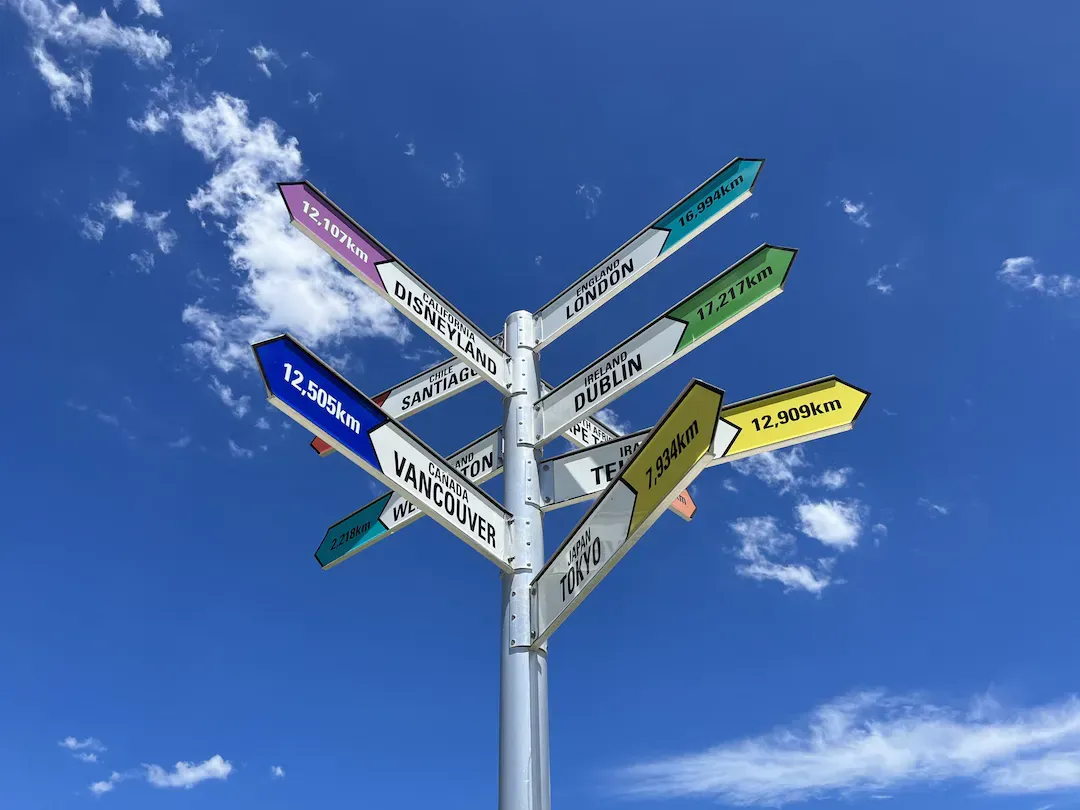
Learning how to learn and continuous learning
Once you know what you want to achieve and how, you need to take action. But consider that it's not a sprint. It's a marathon. Learning is a continuous activity. You need to internalize this idea: try to discover/capture/learn/explore something at every single opportunity.
Small efforts repeated for long enough will very often vastly outweigh big efforts repeated for a very short time. That's where habits come in, and why they're so valuable. Habits are way more powerful than willpower. Willpower will quickly deplete as we rely on it, and exhaust ourselves. Habits require much less willpower and are thus much less taxing. Once they are established, they can make the hardest things seem easy and natural. Habits can keep us going for a very long time in comparison to willpower. For this reason, I recommend making a habit of learning and "doing" PKM.
At some point, my son (12) and I wanted to start exercising. I told him to do a few exercises a day, without pushing too hard. He didn't want to listen to me and gave it everything. Meanwhile, I just did a couple of push-ups and abs, then stopped. After a few days, my son lost motivation. He depleted his energy, and consequently, his willpower dropped. After a week, he slipped and didn't train anymore for a few days. On my end, I just kept going, day after day. You could say that he had less willpower than I did, but the reality is that I didn't care about the exercises. I only cared about establishing the habit. Once it was anchored, I started increasing the pace. I added other exercises, additional push-ups, etc. It slowly got harder, but since it became a habit, I kept showing up, day after day. My lesson is simple: establish the habit first. Then, and only then, increase the pace.

Also, explore the topic of meta-learning. Learn how to learn. Learn what the best conditions are for you to learn:
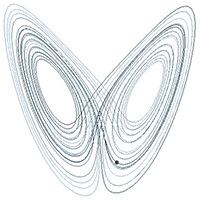
Explore techniques to better learn, such as the Feynman Technique:

In addition, as a systems thinker, I want to mention that systems and processes will become key over time. Check out my article on this topic if you want to go further:

Searching and filtering information
In today's world, a very important skill (IMHO) is being able to find information efficiently. It's also of the utmost importance to be able to quickly identify what is relevant and what isn't. Whatever you want to learn or do, you need to have solid searching and filtering skills.
A year or two ago, I would have said "Google-fu" was the most important, but the reality is more complex now. With the rise of Large Language Models (LLMs) like ChatGPT, there are more options to find information and acquire knowledge.

Some advice:
- Whenever you need to learn about a topic, make sure you find relevant sources, read from experts in the field, and ask the right questions to the right people
- Use ChatGPT or similar tools to quickly get a summary, simplified explanations, find related ideas/concepts, understand the links between different ideas & concepts, etc
- Use search engines efficiently. Learn how to find exact terms, how to search only on a specific site, how to remove terms from search results, how to find specific file types, etc
- If there are reference books, try to find a copy and learn from those first. Generally, those will use the correct terms, will explain those, and will have a linear structure that makes it easier to go from zero to one
- Pay attention to where you learn from. Identify valuable information sources vs crappy or bogus ones. Don't judge a book by its cover. Ugly Websites are often gold mines
Capturing and synthesizing information
Searching, filtering, and capturing information go hand-in-hand. Whenever you find a currently relevant, useful, and/or interesting piece of information/knowledge, you need to capture it, unless you already have it in your knowledge base. Don't misinterpret this though. "Currently relevant" is key in the sentence. And relevancy really depends on your current goals and priorities. You really need to avoid capturing information/knowledge because it might, someday, become useful. Focus your efforts on currently relevant information!
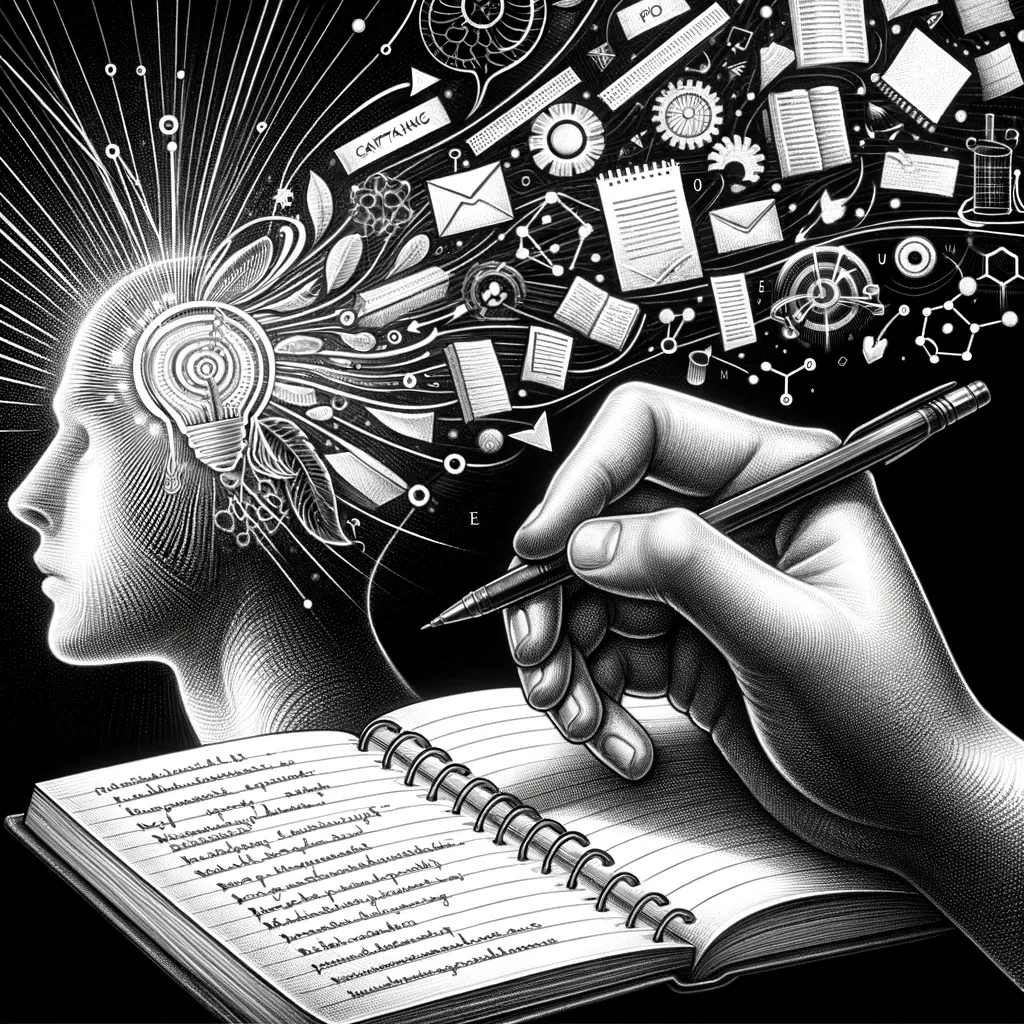
Capturing information means extracting the pieces that you (currently!!) find interesting and/or useful. Capturing can be done in a myriad of ways:
- Taking screenshots
- Creating highlights
- Taking notes (using your own words or not)
- Creating mind maps
- Creating visualizations or diagrams
- ...
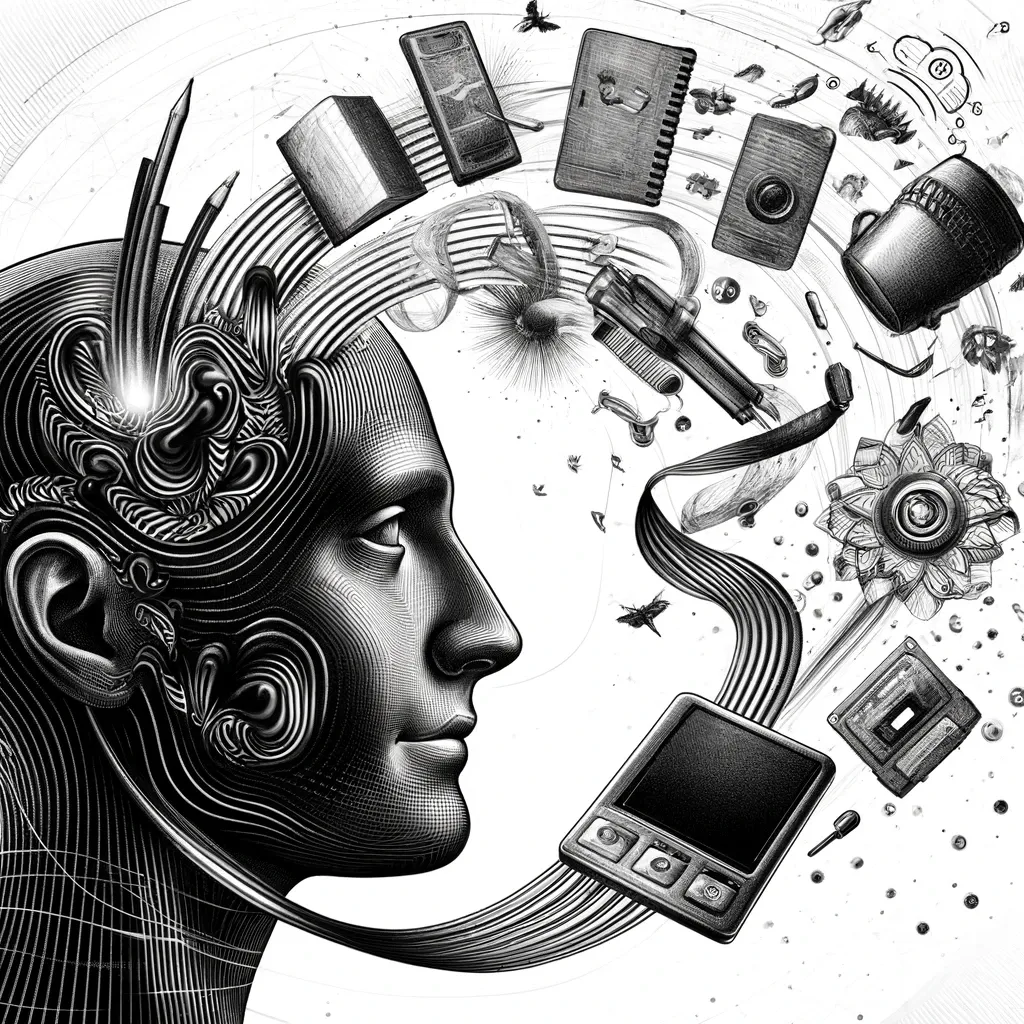
While you capture information, or shortly after, you need to summarize. You need to be able to express the essence of the information. While I'm writing this, I'm thinking about the idea of atomic notes. That is, notes that focus on a single idea/fact/concept and express it as clearly as possible while remaining concise.
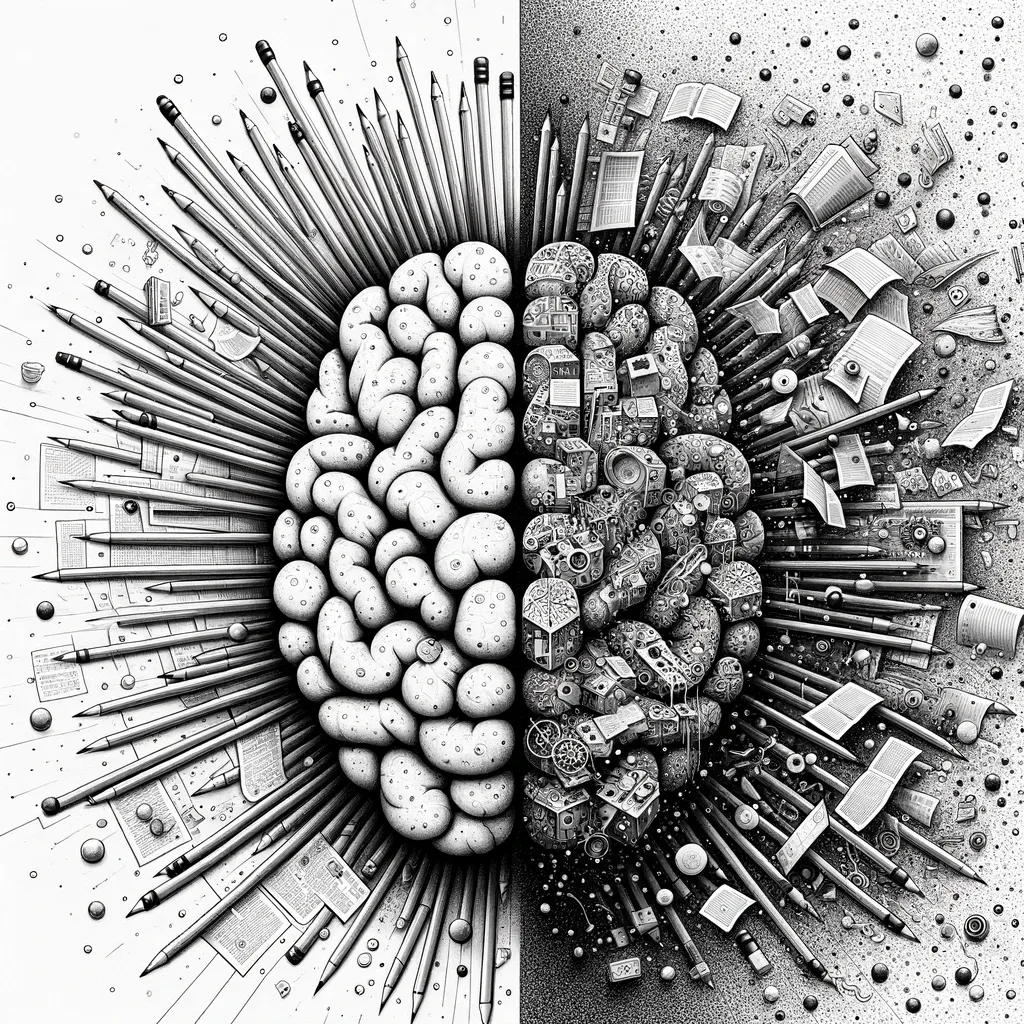
There are various ways to summarize information. You can for instance:
- Use Large Language Models like ChatGPT to generate a summary
- Rewrite the information yourself, keeping only the key elements
- Create a visualization (an image is often worth a thousand words)
- Create a mindmap
- ...
Synthesizing information will help you and your future self to easily grasp ideas and concepts. Also, as I've explained in my article on the topic, atomic notes (i.e., shorter notes) have many benefits.
Capturing information and taking notes is a wonderful way to acquire knowledge and capture what you find interesting in your life, whether it's at work, for personal projects, or just for fun. It will help you create better mental models for the topics you explore. You will better understand those. You will also have solid references you can rely on to explore further and study (if you need to!).
Check out my article about note-taking tips if you want additional ideas:

If you're curious, you can also check out how I capture book notes:
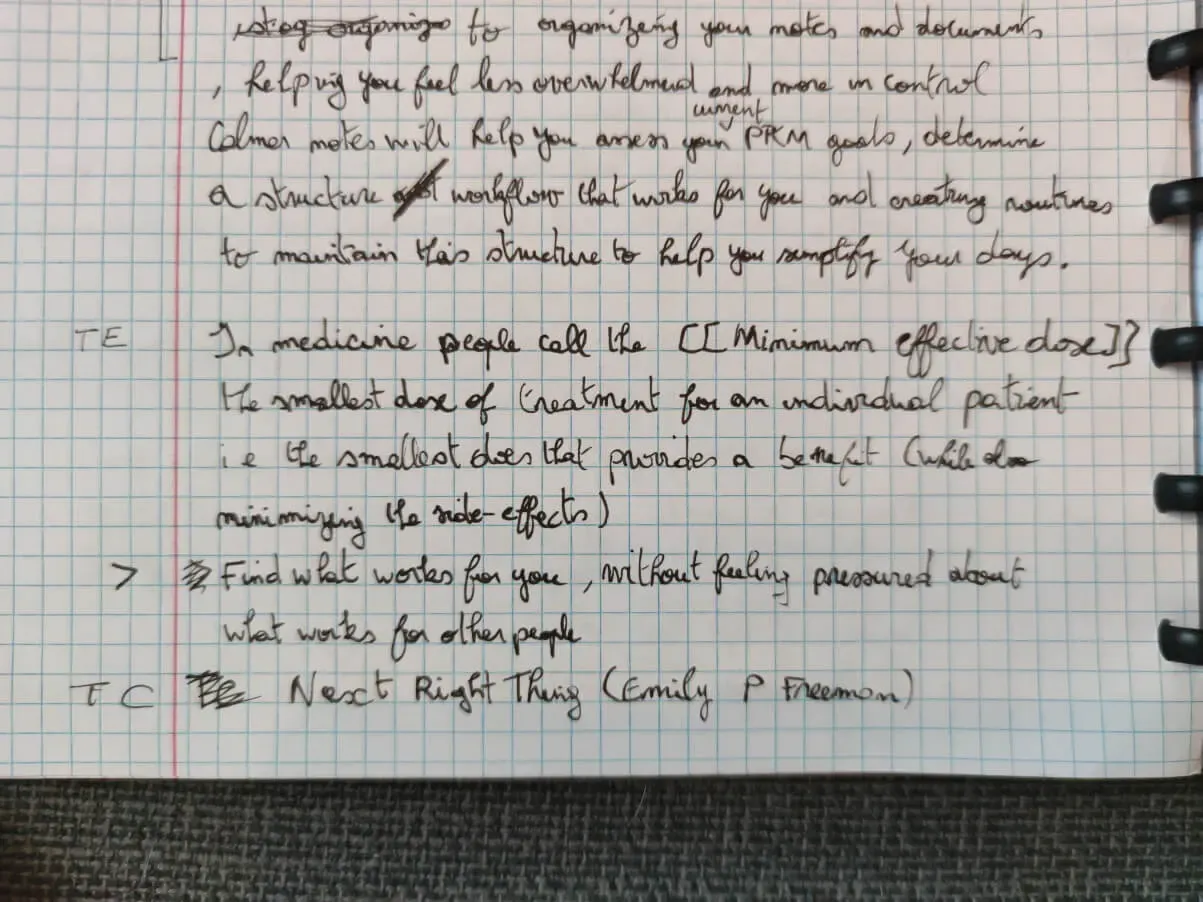
Reflecting and making notes
As I've mentioned in my article about note-taking vs note-making, those are two sides of the same coin. Capturing information, knowledge, and ideas is only one part of the work. The other part is taking time to reflect and make notes.

Reflecting means thinking (seriously) about what you capture. If you did capture (currently) relevant information/knowledge, then you must understand the information, but also make up your mind about it.
There are countless questions to ponder. For instance:
- What do you think about those ideas? Do you agree? Do you disagree?
- How would you improve the current status quo?
- What is missing? What could you add?
- How does it relate to other ideas/topics?
- How would you explain it?
- Are there alternatives?
- What don't you understand?
- ...
To help you reflect, and to capture the output of your reflection, you need to make notes. Making notes, as opposed to taking notes, means writing notes using your own voice, your own words, and your own ideas.
You can make notes to:
- Capture your thoughts
- Capture your ideas
- Capture your own way of explaining something
- ...
Making notes is an essential part of Personal Knowledge Management, and is actually where you should put most of your energy (again, depending on your current goals and priorities!).
Linking notes
A knowledge base is much more valuable when the information/knowledge it contains is well connected. A personal knowledge base is a graph. That graph contains 1-n nodes. Each node being a note, or a tag.

When there are many notes without links to other ones, the knowledge base is "dry" and not very useful. When most notes don't have links, it means one of two things. Either you failed to create those links, or you are just storing unrelated "facts".
On the contrary, when there are many links across the notes in your knowledge base, it becomes much more valuable and useful.

A lot of the value of PKM comes from identifying and exploring the links between the ideas you capture and the notes you make.
Check this article to learn more:

Tagging notes
Tagging is a technique that we can use across a variety of tools to organize and categorize information using keywords. It helps to easily identify and retrieve information.
Tagging notes in a knowledge base is a rather "controversial" practice. Some people will tell you that it's useless and a waste of time. They will also tell you that the search functionality of your tools is the only thing you need to find what you want in your knowledge base.
Others, like me, cannot live without tags and see the value of tagging. That's not to say that it's easy or not time-consuming. It is actually hard to avoid creating duplicate tags, and it does take time to tag notes correctly. But to me, it's an enabler for all sorts of cool things.
For one, tagging enables finding information without having to search for exact terms used in the notes you're after. Let's take an example. If I want to find all the notes I have taken about "motivation", I would search for that exact term, and would definitely find some of the notes I want. But I would never find the notes that don't use that specific word while still discussing that topic. Assuming I did tag those other notes with the "#motivation" tag, then I would find those!
Tags make it extremely easy to create Maps of Content (MoCs) (aka indexes) for specific topics. Not only that, but those even enable automating the update of those MoCs.

Moreover, one note can have many tags, allowing one to find that specific note in various contexts. Even atomic notes often deserve multiple tags.
Finally, the killer benefit of using tags is automation. Tagging notes with specific tags makes it possible to automate various actions around specific types of notes. In the Obsidian Starter Kit, I have defined a set of tags that identify the types of notes (e.g., #daily_note, #permanent_note, #moc, etc). Based on those tags, I have automated the filing of those notes. It means that thanks to those tags, I don't have to worry about moving notes around. They're automatically moved where they belong, and I can focus on what really matters, confident that I'm not creating a mess.
Check out my article on this topic if you want to dive deeper:
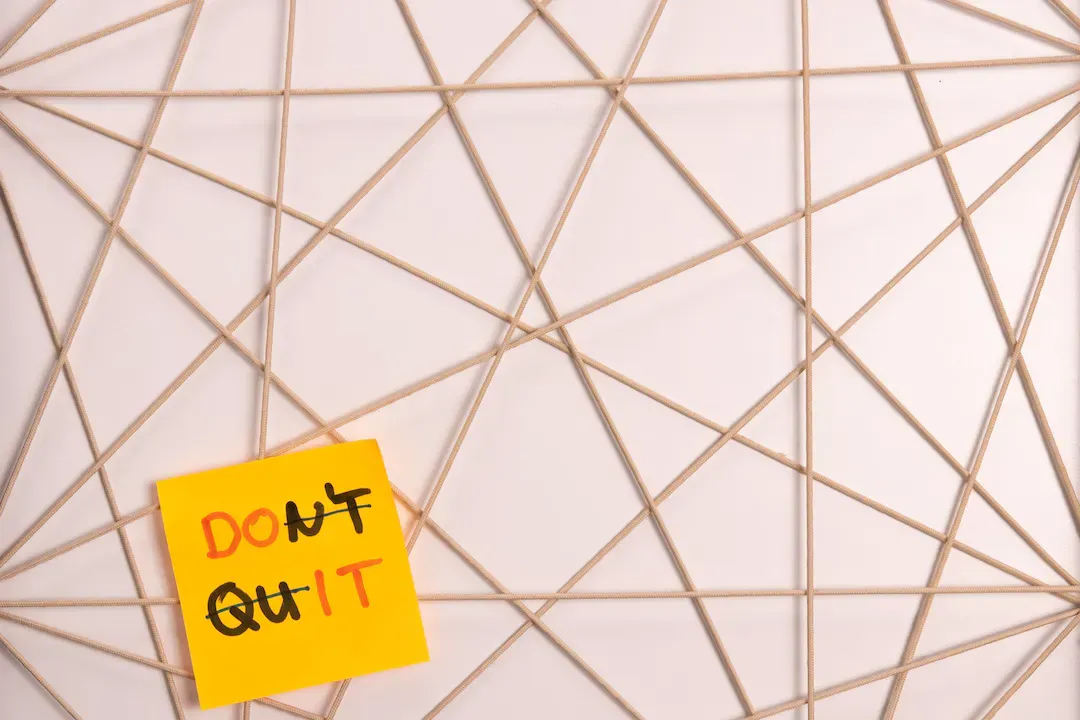
Organizing information
Creating a maintainable knowledge base requires structuring and organizing a lot of information. Maintainable is the important keyword. Of course, you can drop everything into text files in a single folder and get away with it. But unless you have created a system, it's very easy to create an unusable mess. Tools can help, but you will always need to organize something.
Organizing information is not a science, but an art. I don't want to dive too deep into this topic here, but I still want to emphasize the fact that, at some point, you will need to design your own system. Information and knowledge need structure to be useful and "usable". Start simple and keep things as simple as possible, but take time to name things correctly and organize everything logically.
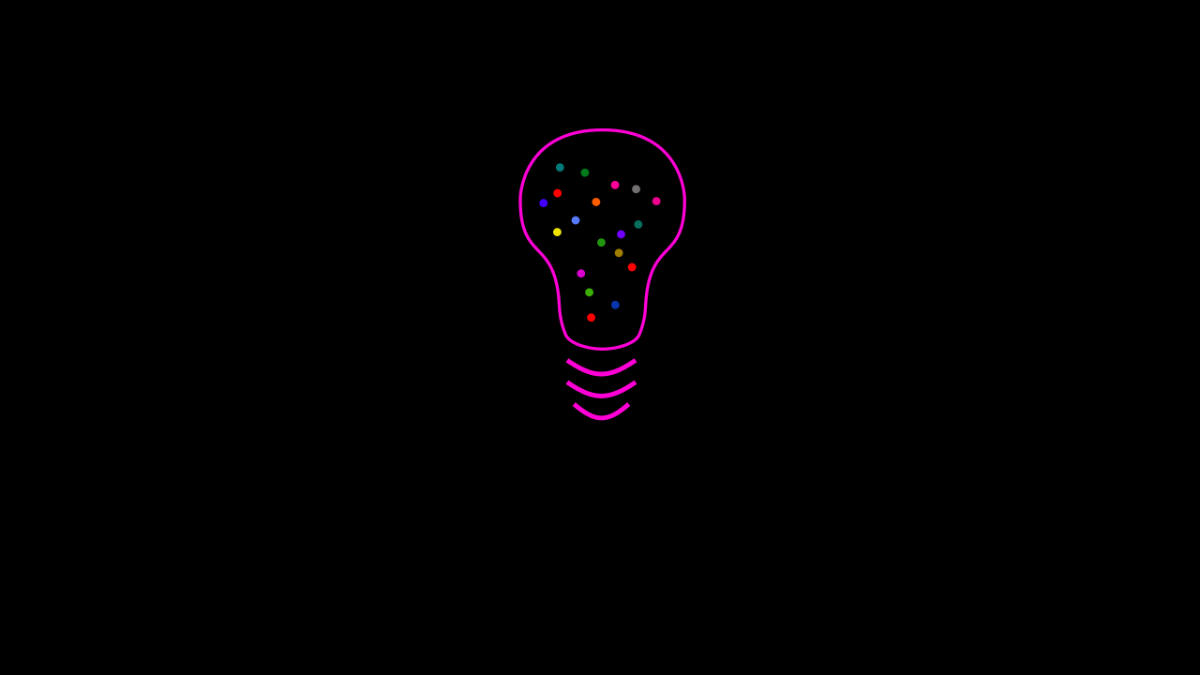
In the Obsidian Starter Kit, I've created a simple but very powerful structure using the Johnny Decimal system and the PARA method. Combined with tags and automation, it keeps everything tidy without manual effort.
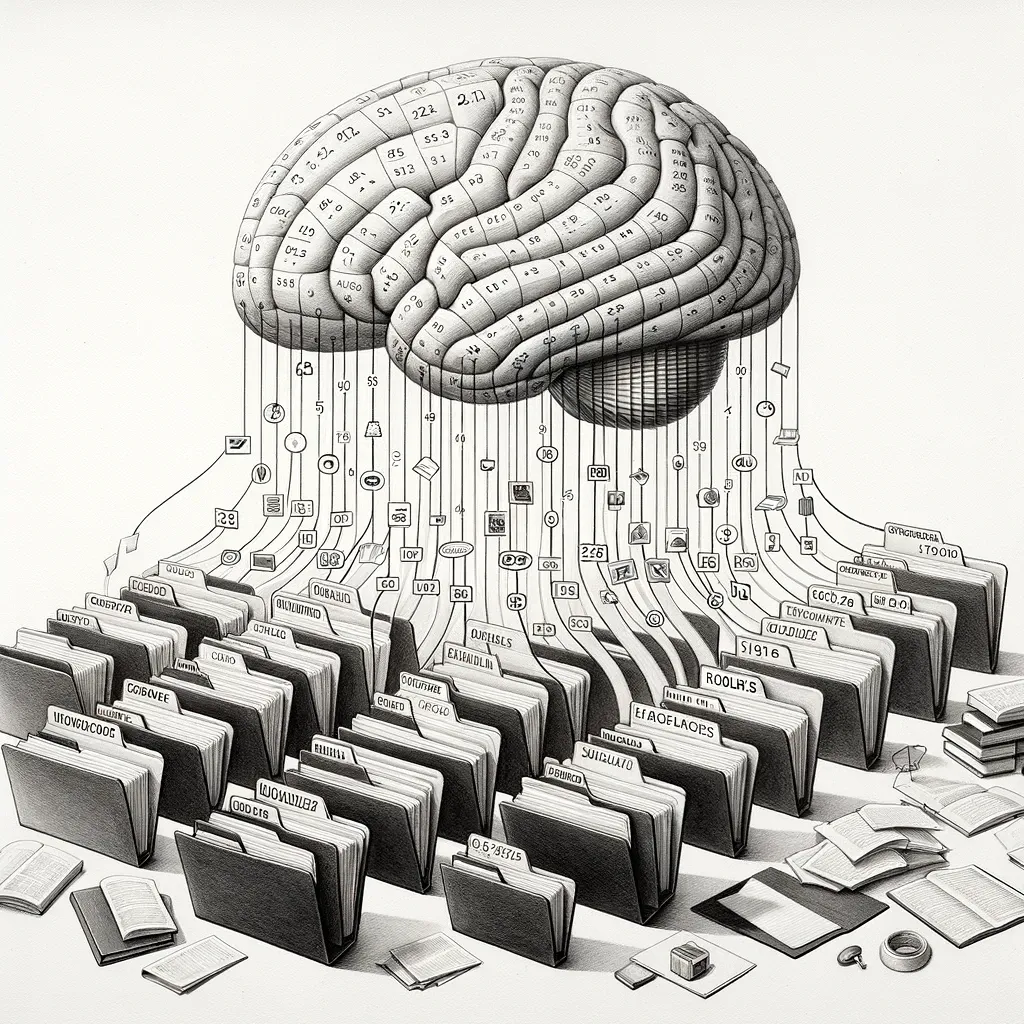
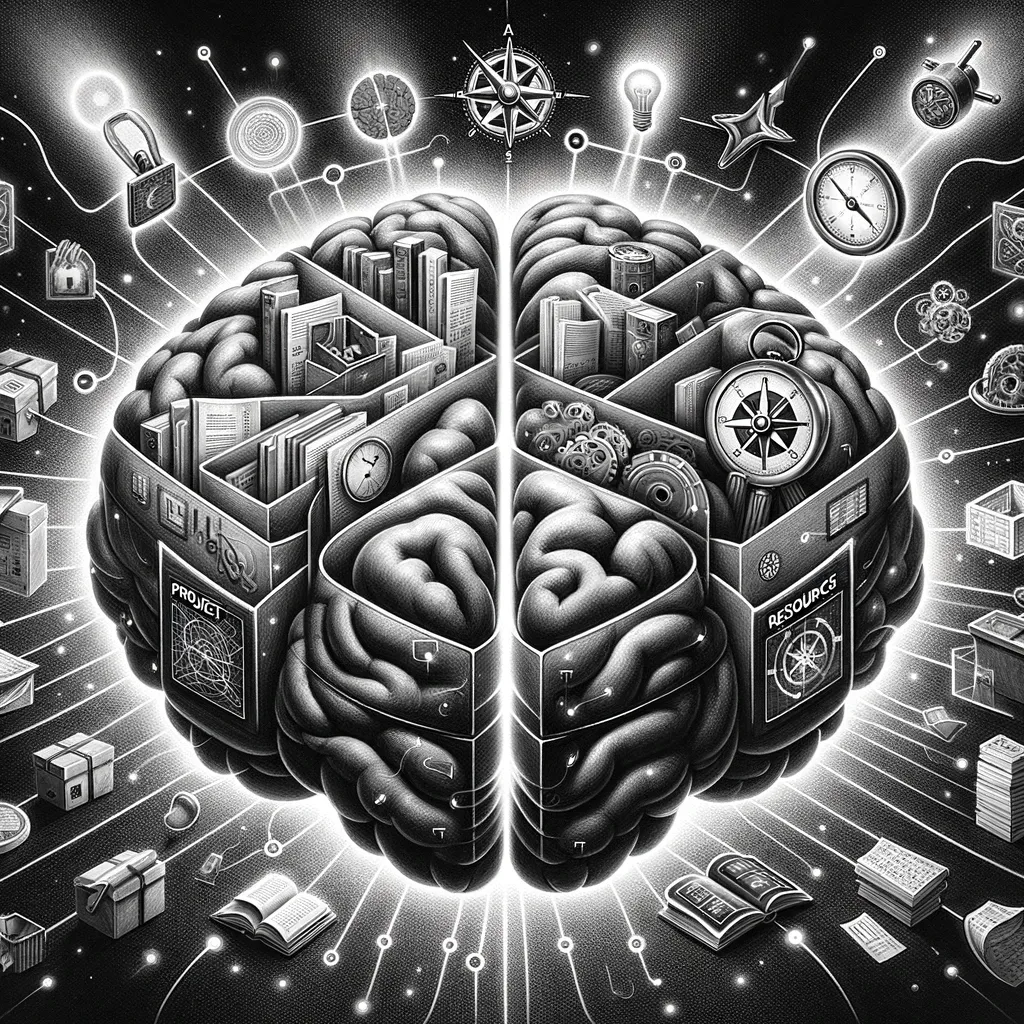
The cool thing about information management (as it is called) is that it can be applied everywhere. For instance, I also apply the PARA method to my Google Drive folders, to my NAS file system, etc.
Journaling
While journaling is orthogonal to Personal Knowledge Management, I consider it to be a practice that truly helps and deserves a lot more credit. I feel like most people think of journaling as the act of writing a diary like little girls do (no offense) and reject the idea. The truth is that keeping a journal does not necessarily have to be (only) about your personal life, feelings, and love stories. Journaling is an incredibly powerful tool to know more about yourself, what you feel, what you think, and what you want. Interestingly, it can also be used to keep track of what you discover, what you learn, etc.
Currently, I use my journal to log all my discoveries, without necessarily creating separate notes right away. This saves me a lot of time and lets me focus on what matters: capturing what I care about and what I think. I've shared my template here (note that it's also part of the Obsidian Starter Kit):

I have written some articles on this topic

In the following ones, I have also included a description of how I rely on journaling to improve my PKM system:


Periodic reviews
Keeping a journal is transformative, but performing regular reviews of your goals and progress toward those is incredibly insightful. Periodic reviews enable you to look back and observe what you did, what worked, what didn’t, and what you should do next.
In the context of Personal Knowledge Management, periodic reviews are a perfect opportunity to do some maintenance work, review fleeting notes, link notes together, or tag notes.
During my periodic reviews, I extract the notes I’ve left in my daily notes into separate notes. In addition, I also create weekly, monthly, quarterly, and yearly notes, in which I regroup all of my discoveries, what I’ve done, what I’m grateful for, etc. Going back to those notes from time to time generally makes me feel more empathetic towards myself.
Check out the following articles if you’re curious:
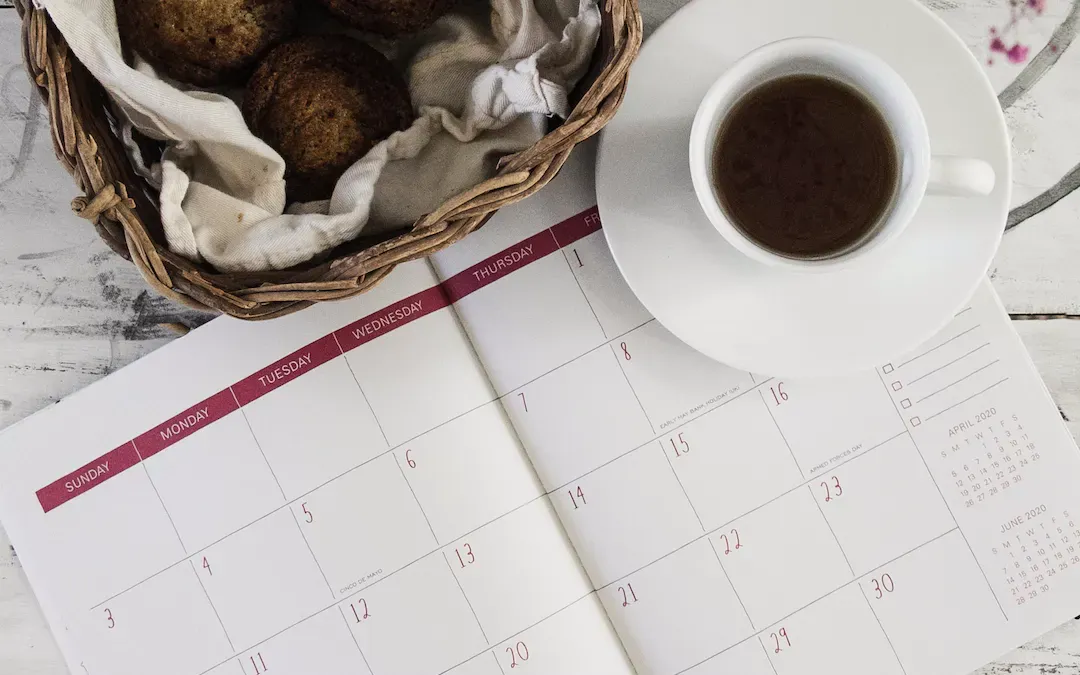

BONUS: Keeping it simple stupid (KISS)
Last but not least, an idea that I want to leave you with is the fact that you should really strive for simplicity. It's all too easy to fall into the trap of exploring dozens of tools, trying to combine them in various ways to "improve" your PKM system. The truth is that simplicity is key for long-lasting PKM success.

You certainly don't need many tools and advanced workflows. What you need is a simple structure, a simple process, and to rely on habits more than anything.
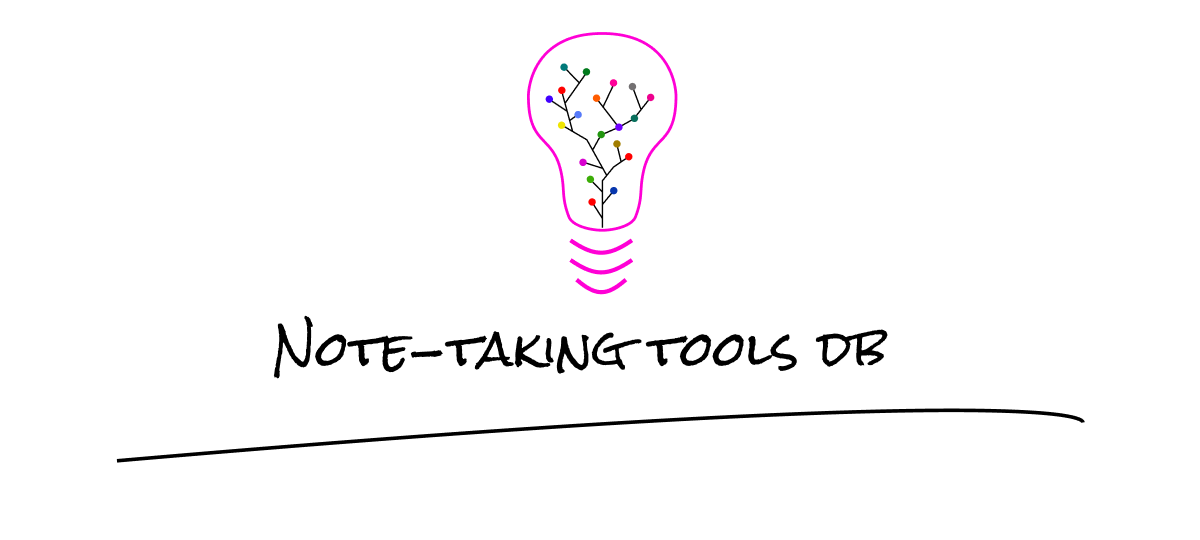
Spending too much time fine-tuning a PKM system is just another form of procrastination.
About Sébastien
I'm Sébastien Dubois, and I'm on a mission to help knowledge workers escape information overload. After 20+ years in IT and seeing too many brilliant minds drowning in digital chaos, I've decided to help people build systems that actually work. Through the Knowii Community, my courses, products & services and my Website, I share practical and battle-tested systems. You can follow me on X 🐦 and on BlueSky 🦋.
I am an author, founder, and coach. I write books and articles about Knowledge Work, Personal Knowledge Management, Note-taking, Lifelong Learning, Personal Organization, and Zen Productivity. I also craft lovely digital products.
If you want to follow my work, then become a member and join our community.
Ready to get to the next level?
If you're tired of information overwhelm and ready to build a reliable knowledge system:
- 🎯 Join Knowii and get access to my complete knowledge transformation system
- 📚 Take the Course and Master Knowledge Management
- 🚀 Start with a Rock-solid System: the Obsidian Starter Kit
- 🦉 Get Personal Coaching: Work with me 1-on-1
- 🛒 Check out my other products and services. These will give you a rock-solid starting point for your note-taking and Knowledge Management efforts



